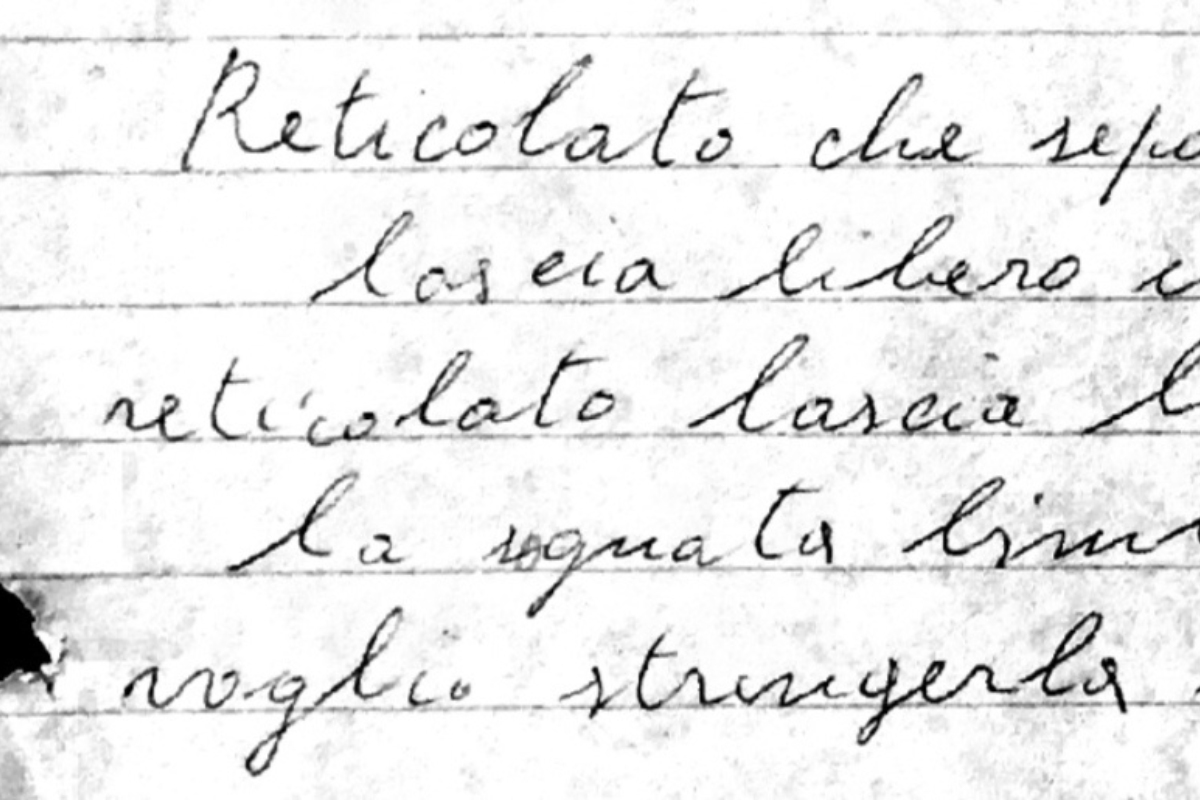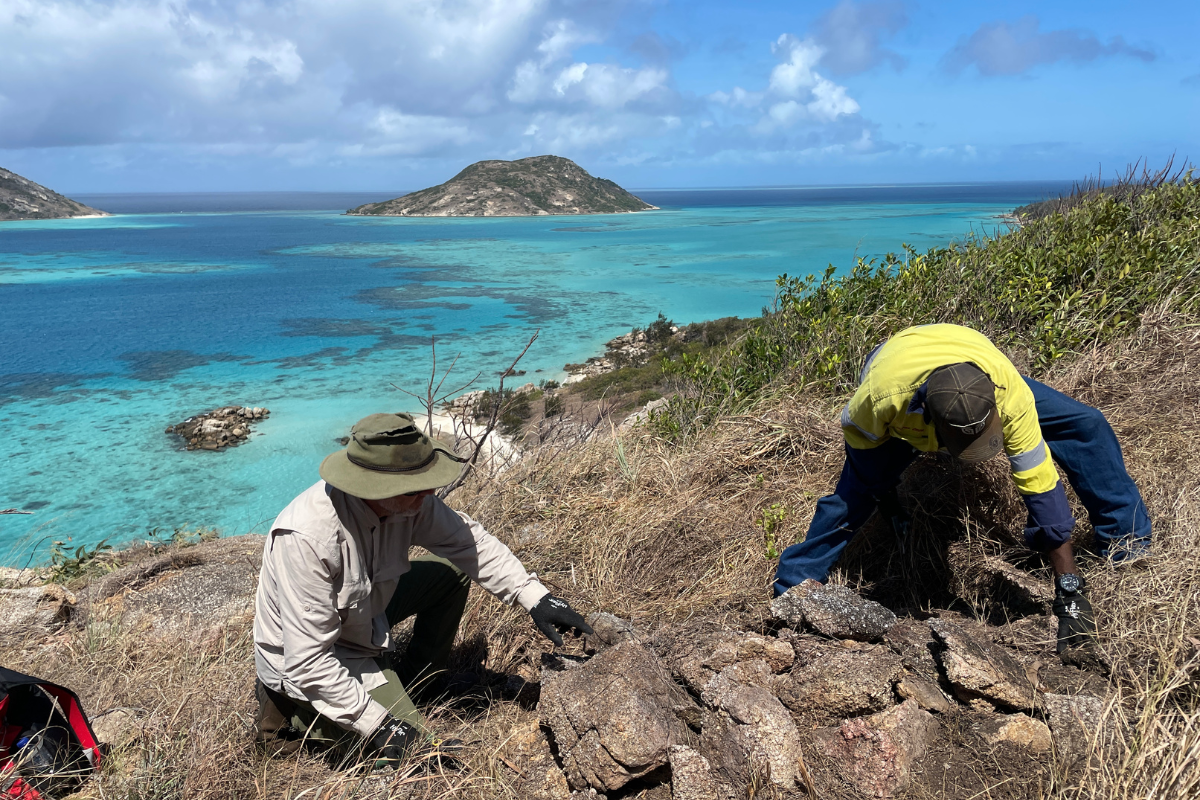
The Academy Editions
They are Australian classics we think we know well – works such as Marcus Clarke’s His Natural Life (for too long known as For the Term of His Natural Life) and Catherine Martin’s An Australian Girl. Yet the stories behind them are far more complex than we might realise, as a landmark literary research project has revealed.
These are two of the many works featured in the ten-volume Academy Editions of Australian Literature, which contain the first authoritatively established versions of some of Australia’s greatest literary works. The fruits of painstaking and innovative analysis and editing by academics around the country, the Academy Editions provide a pathway to a more nuanced grasp of our literary heritage.
In the nineteenth and early twentieth centuries, Australians devoured novels such as Rolf Boldrewood’s 1882 Robbery Under Arms in serialised form. But when the books were subsequently published in London, they were edited and sometimes abridged to suit British tastes – before being re-exported to Australia, where they were, until recently, accepted as authoritative versions.
A prime example is Marcus Clarke’s For the Term of His Natural Life, a text which was originally titled His Natural Life – a more ironic and powerful title than its plain and legalistic successor. The fact that this key Australian work was known by a title chosen by its British publishers rather than the author shows just how much we have become accustomed to reading altered texts.
A momentous editorial journey
For the Academy Editions – which include Australia’s first widely-known novel, Henry Kingsley’s 1859 The Recollections of Geoffry Hamlyn, two volumes of Mary Gilmore’s poetry and nine colonial plays, among them Henry Melville’s 1834 melodrama The Bushrangers – researchers adopted a rigorous but creative editorial approach. They produced not only complete and accurate versions of these Australian masterpieces, but new insights into their genesis, production and reception.
Each of the Academy Editions, published between 1996 and 2007, runs to about 800 pages, incorporating extensive reference material. Each presented a huge challenge, with computerised collations of different versions of a single work unearthing up to 10,000 textual variations. Literary scholars analysed competing versions and conducted meticulous historical and biographical research.
By bringing these books to our attention again in a reliable and accessible form, these critical editions enable us to re-evaluate them through modern eyes. For instance, Kingsley’s novel, about two families from Devon who battled fires, floods and bushrangers in the Australian bush, might raise questions, as one reviewer of the Academy Edition noted, about “whether it is implicated in imperial appropriation of the landscape and erasure of Aboriginal presence”.
Funded by grants, philanthropy, universities and the Australian Academy of the Humanities, the Academy Editions have received international acclaim, with one international reviewer calling them:
“in post-colonial literary studies … the editorial achievement of the twentieth century”.
Digital futures
They have also inspired spin-off projects, most notably Monash University’s Henry Handel Richardson Project, the largest undertaken on one Australian author. (Henry Handel Richardson was the pen name of early-twentieth-century writer Ethel Florence Richardson.) After her first novel, the 1908 Maurice Guest, was published as an Academy Edition, critical editions of her letters, unpublished songs and five other novels were produced.
Other spin-offs have included a print-digital edition of Henry Lawson’s 1896 short story collection While The Billy Boils, and the digital Charles Harpur Critical Archive, devoted to the writings of the most important poet of colonial New South Wales.
These ground-breaking projects demonstrated digital technology’s capacity to present documentary evidence, facilitate collaborative examination of it and reach a wide audience, while maintaining the same high standard of scholarship.
Although similar work has been carried out in other national traditions, the Academy Editions – Australia’s first such endeavour – set new benchmarks for critical editing locally and internationally. They have also laid the foundations for other Australian literary classics to be revised and reinterpreted by new generations. These are texts which are fundamental to the shaping of how we see Australia. Being able to read them in accurate and intelligible texts is crucial to our understanding of Australian culture.



